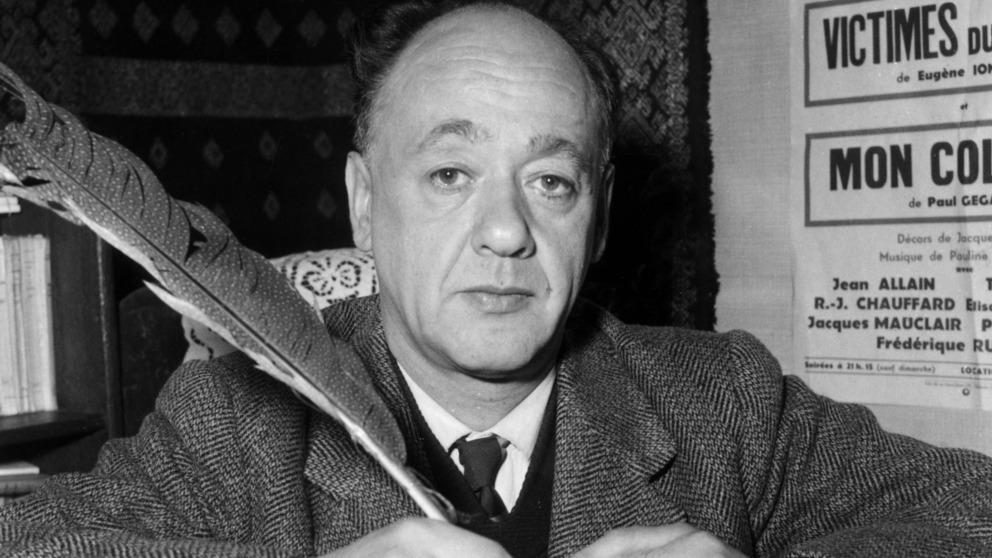"The deputy denounced the 'tartuffery' of his opponents"
,
"it is said of this odious character that he is a notorious 'tartuffe'"
... More than 350 years after the first performance of the famous play in five acts by Molière at the Théâtre du Palais-Royal, the name of his character still haunts our vocabulary.
On May 12, 1664,
Tartuffe ou l'Hypocrite
closed a long week of celebrations at Versailles to which the playwright and his troupe greatly contributed.
The comedy in three acts tells the story of a fake devotee, a trickster whose sole purpose is to pursue his personal interests.
To discover
Crosswords, arrow words, 7 Letters... Free to play anywhere, anytime with the Le Figaro Games app
Two days later, Louis XIV was convinced by the Archbishop of Paris, Hardouin de Péréfixe, to ban any further performance.
Molière is accused of having ridiculed the pious Catholics by showing them either grotesque or hypocritical, thus contradicting the Sun King's policy towards the Jansenists.
Never mind, the author makes his satire a moral work in five acts (adding a love story) in which only the clairvoyance of the king is able to unmask the imposture of the main character.
In 1669, the Clementine Peace was concluded between the Jansenists and the Holy See.
Louis XIV definitively authorizes the play, performed in Paris on February 5, 1669 under the name of Tartuffe or the Imposter.
It is a success.
"Tartuffie", "tartufferie"...
In 1694, “tartuffe” made its appearance in the
Littré
and thus translated the influence of the play in the common base of society: language.
This word is then used to qualify “a rascal using the mantle of religion”, and more generally “a hypocrite”.
As we read in the
Trésor de la langue française
, already in 1609, in
On the mastigophore or precursor of the zodiac
, Antoine Fusy wrote:
“You are only a tartuffe, a butor, a hapelourde .”
The term, however, had gone unnoticed.
Read alsoMolière, the goldsmith of the Alexandrian
Borrowed from the Italian "tartufo" ("deceiver, impostor"), itself derived from the popular Latin "tuber" ("swelling", "protrusion"), "tartuffe" has since given rise to a number of derivatives qualifying the behavior of a hypocrite, or at least what is relative to him.
“His brother has the same character, with less sweetness because he is less tartufié”
, wrote Stendhal in 1809. Balzac, in 1830, said:
“It is doing an act of citizenship to oppose this tartuferie. »
When Edmond de Goncourt, 60 years later, rebels:
"I have a little anger in me, brought by the article in the
Event
of this tartufard of Jules Case."
Molière inspires language.
Like the name of Sosie, made famous by the play Amphitryon, and that of Dom Juan, Tartuffe has become a common name whose use is recurrent.
Antonomasia is part of his heritage.











/cloudfront-eu-central-1.images.arcpublishing.com/prisa/KMEYMJKESBAZBE4MRBAM4TGHIQ.jpg)


/cloudfront-eu-central-1.images.arcpublishing.com/prisa/EXJQILQR5QI7OMVRTERD7AEZAU.jpg)
